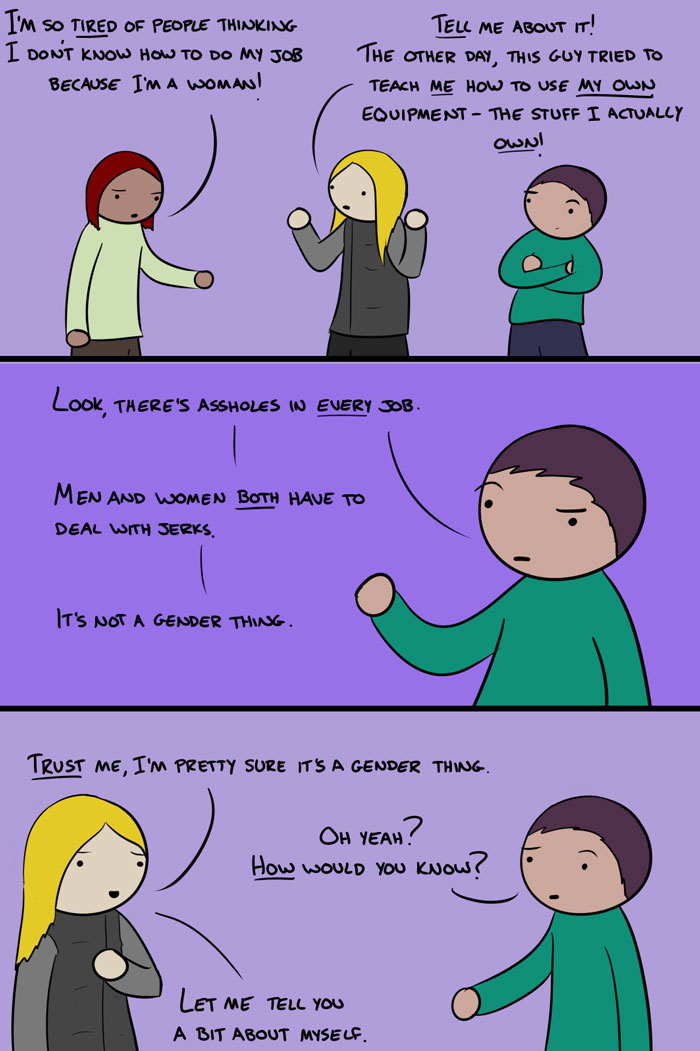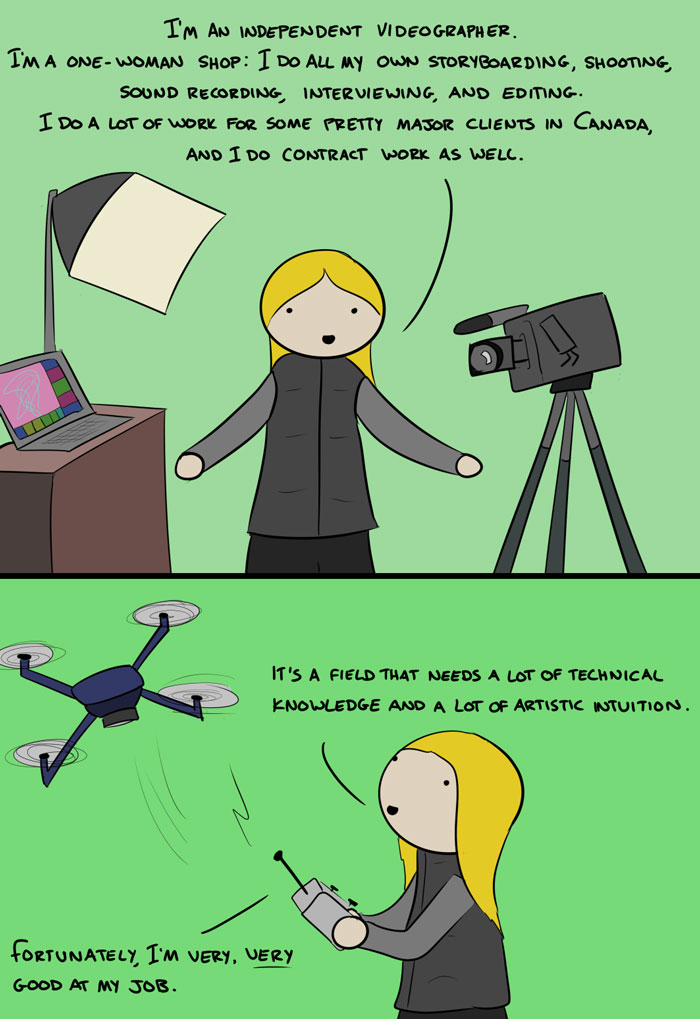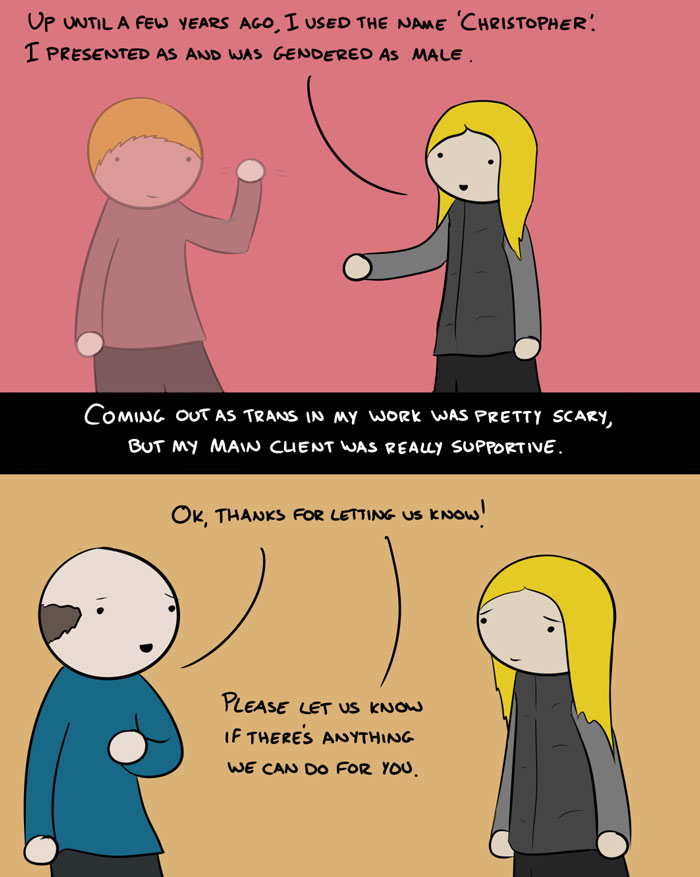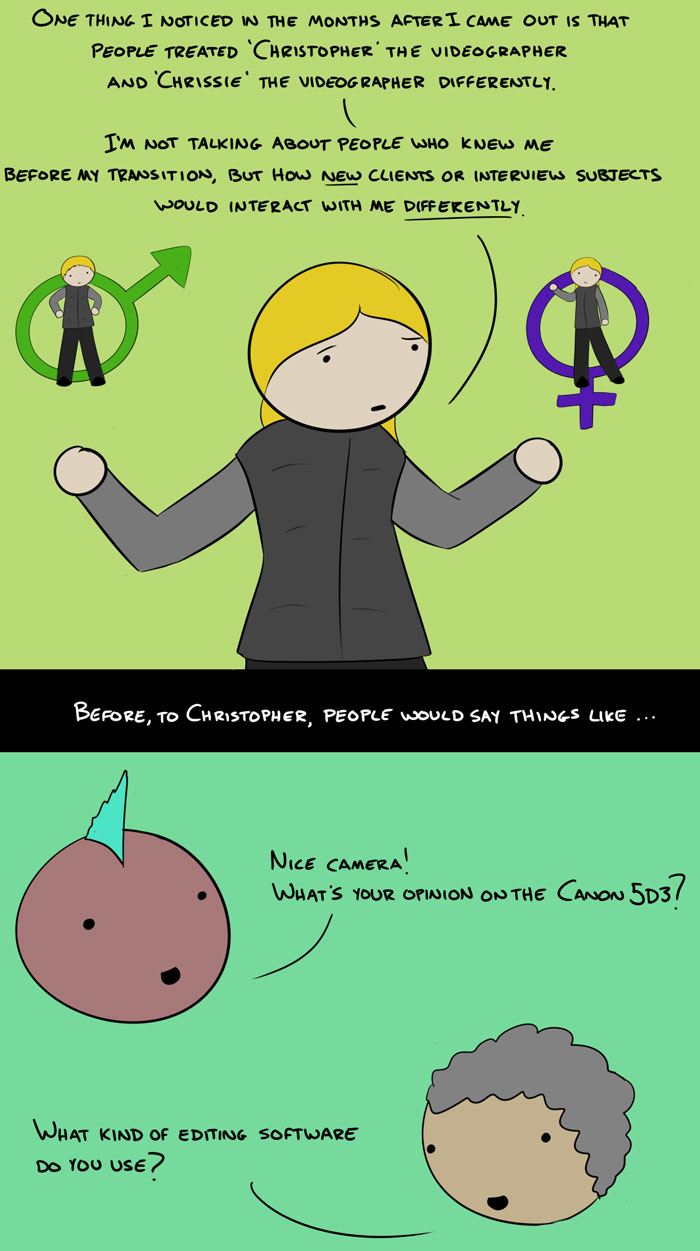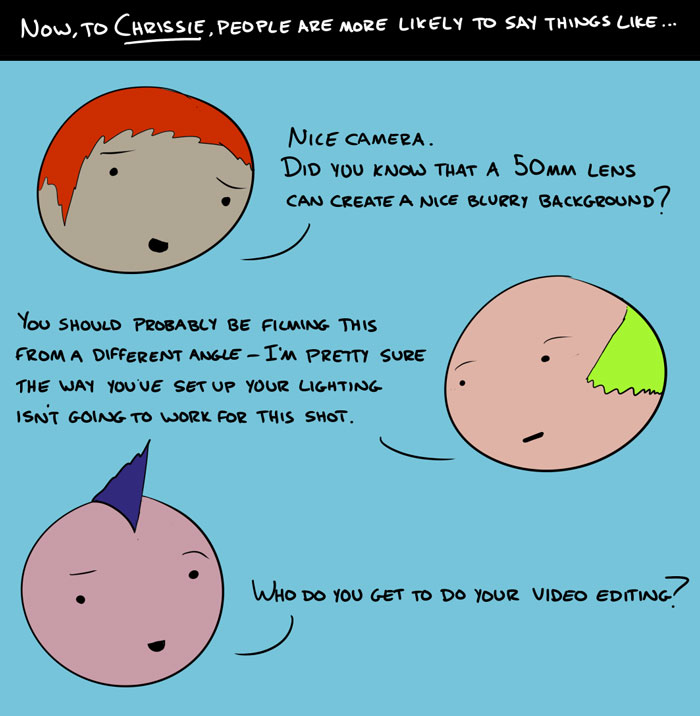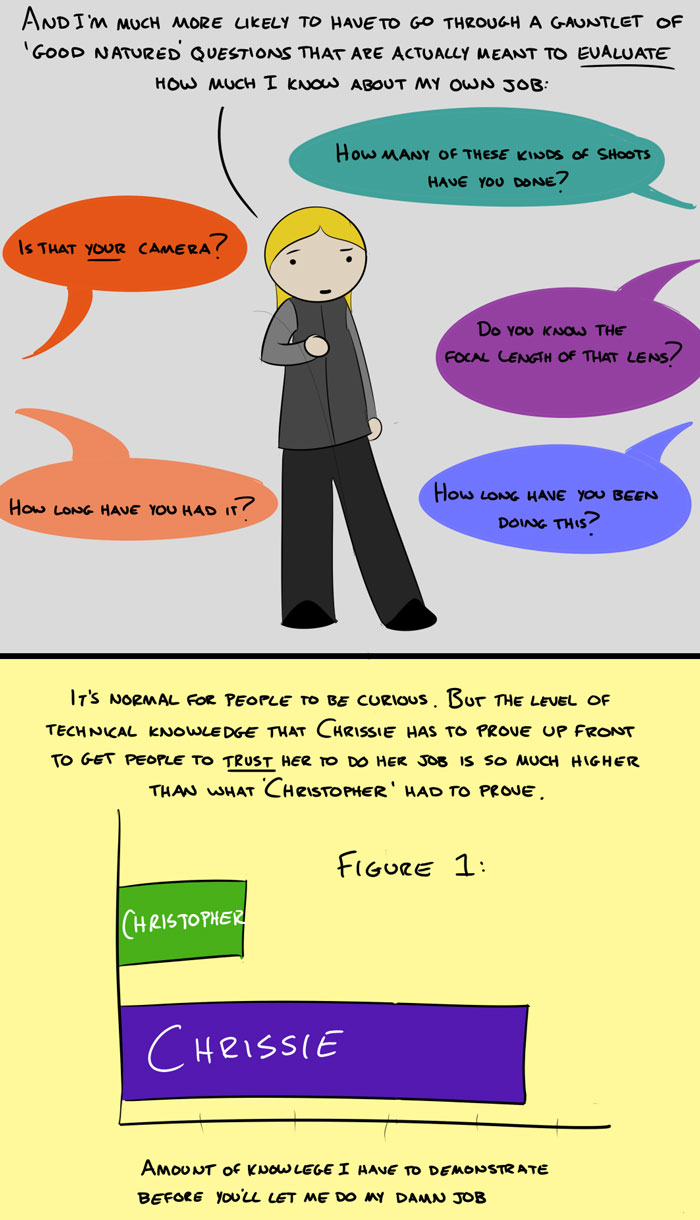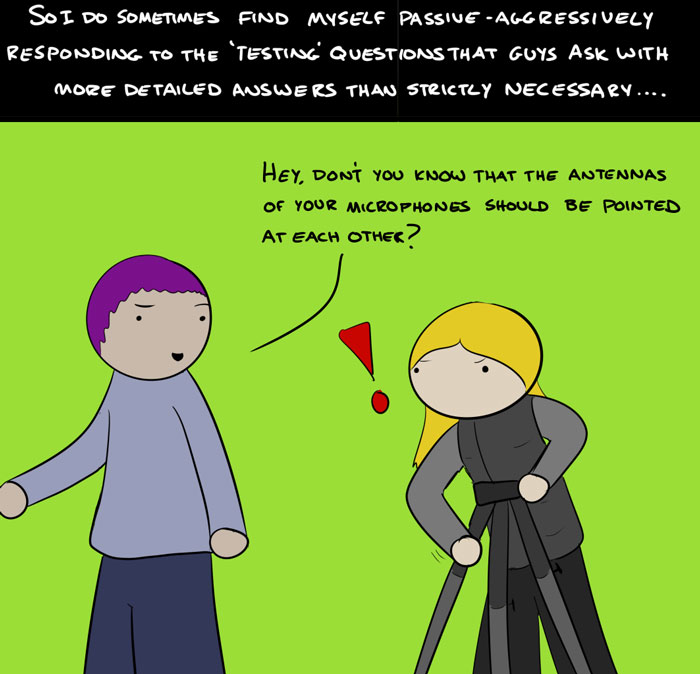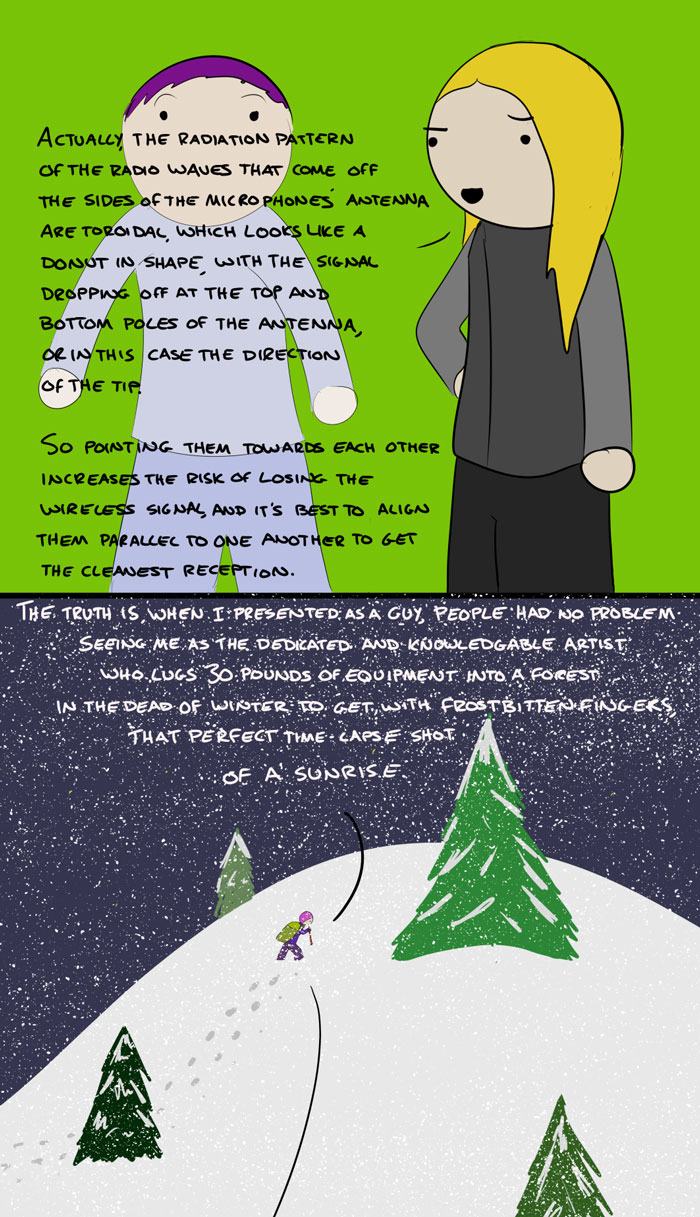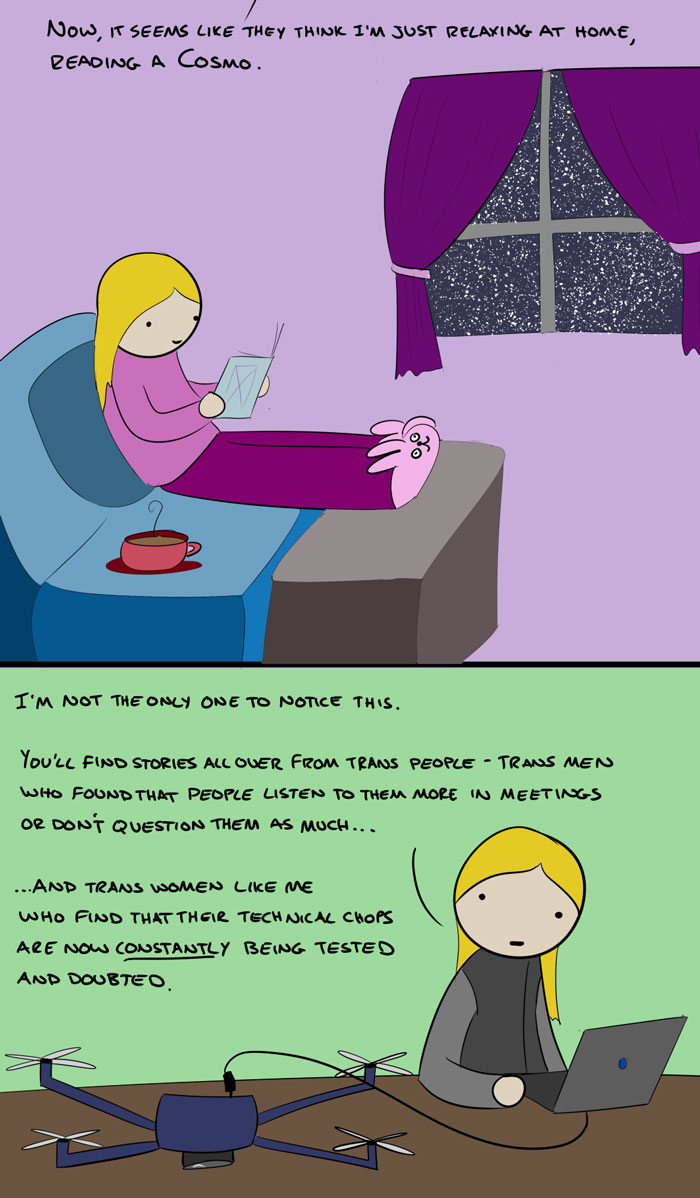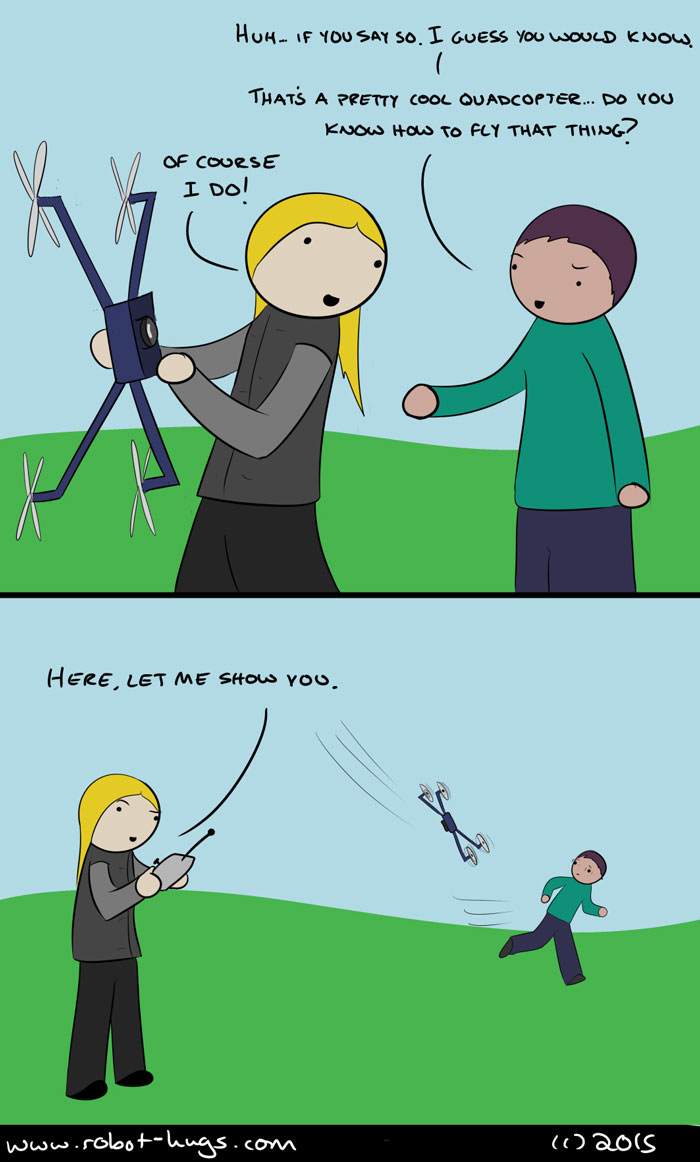Georgia Tech Ivan Allen College of Liberal Arts launched the Global Women’s Entrepreneurship Institute (GWEI). Working to connect African and Atlanta-based women entrepreneurs in agribusiness, technology, manufacturing and media/entertainment, the inaugural event, years in the making ran from November 1 – 4th.
Participants traveled from Ghana, Nigeria, South Africa, Kenya, and Zambia to join with local participants from the City of Atlanta to take part in intense, high-level training sessions covering topics such as marketing strategies, building and managing wealth and social responsibility.
Dean Dr. Jacqueline Royster is the Dean of the Georgia Tech Ivan Allen College of Liberal Arts in Atlanta. She believes that once women feel the power that they hold, they will know they can use it. She addressed the need for a focus on collaboration, not competition, among women from around the world when it comes to business practices:
“We are in many ways more alike than different. We have to spend the time getting to know personally who we all are and how we can connect and what kinds of things we can do together,” she said. “So that it is a deliberate choice to do what we do so that it is an intentional act to do what we do.”
The fact that women share so many commonalities to their approach to business and entrepreneurship makes this initiative so important. Managing director of the GWEI, DeShawn Jenkins talked about the power of women working together to overcome the similar obstacles they face in entrepreneurship:
“We were learning that women overcoming fear, women taking challenges, women really working together and to have that transatlantic opportunity is something that we really understood,” Jenkins said. “As we climb, we pull up. And so as we are working together and realizing that not only we can do that in our own city, but we can do that in various countries and continents.”
With the success and excitement from this year’s event, Jenkins said that they are already planning the next steps for GWEI.
“There’s been two challenges, one to take it to Ghana and the next to take it to South Africa,” she said
That said the city of Atlanta has been a good incubator for the initiative. According to Metro Atlanta Chamber, Atlanta is ranked in the top ten metro areas for entrepreneurial activity, and women-owned businesses have grown by 63 percent from 2002 to 2014.
Original source: The Atlanta Blackstar






